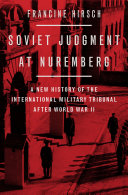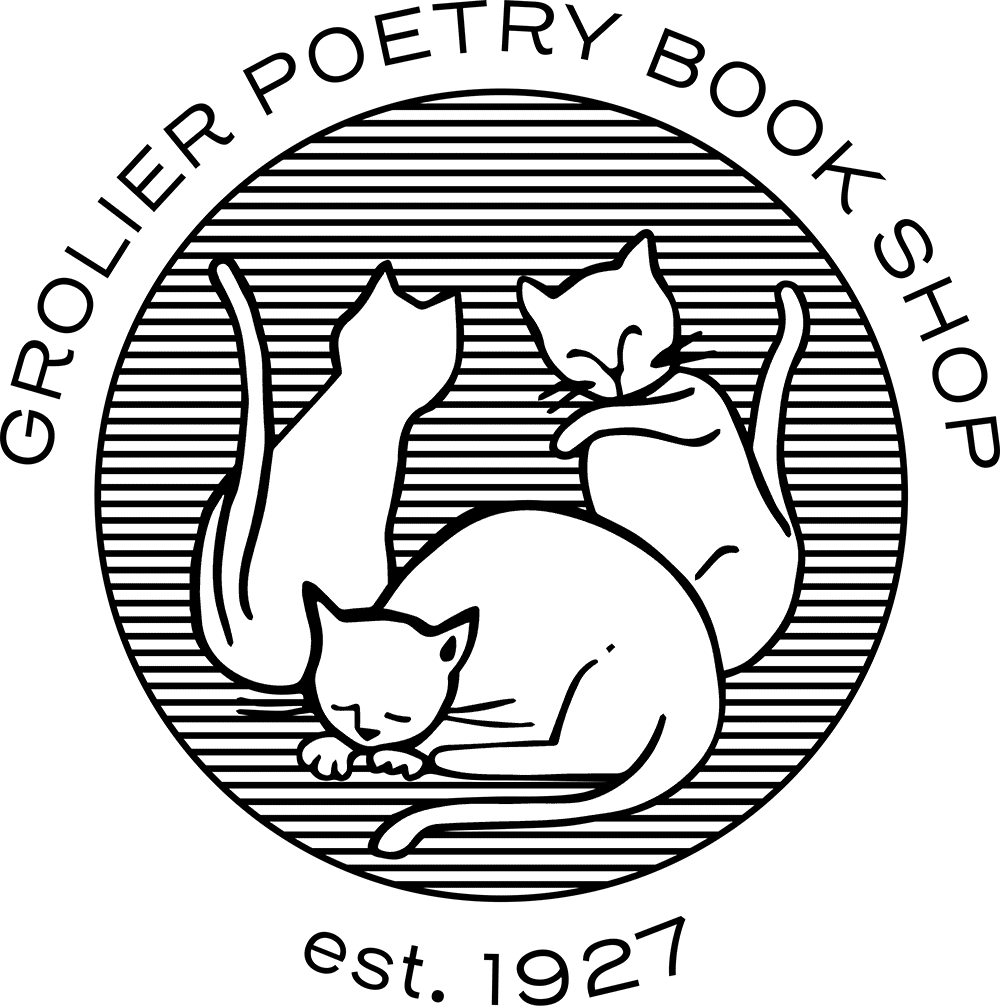
- This event has passed.
Harvard Book Store Virtual Event: Francine Hirsch
July 27, 2020 @ 7:00 pm

presenting Soviet Judgment at Nuremberg: A New History of the International Military Tribunal after World War II
in conversation with JOSHUA RUBENSTEIN
Harvard Book Store’s virtual event series and Harvard’s Davis Center for Russian and Eurasian Center welcome FRANCINE HIRSCH—acclaimed historian and the Vilas Distinguished Achievement Professor of History at the University of Wisconsin-Madison—for a discussion of her latest book, Soviet Judgment at Nuremberg: A New History of the International Military Tribunal after World War II. She will be joined in conversation by JOSHUA RUBENSTEIN, associate, Harvard University’s Davis Center for Russian and Eurasian Studies and author of The Last Days of Stalin.
Contribute to Support Harvard Book Store
While payment is not required, we are suggesting a $3 contribution to support this author series, our staff, and the future of Harvard Book Store—a locally owned, independently run Cambridge institution. In addition, by purchasing a copy of Soviet Judgment at Nuremberg on harvard.com, you support indie bookselling and the writing community during this difficult time.
About Soviet Judgment at Nuremberg
Organized in the immediate aftermath of World War Two by the victorious Allies, the Nuremberg Trials were intended to hold the Nazis to account for their crimes and to restore a sense of justice to a world devastated by violence. As Francine Hirsch reveals in this immersive, gripping, and ground-breaking book, a major piece of the Nuremberg story has routinely been omitted from standard accounts: the part the Soviet Union played in making the trials happen in the first place.
Soviet Judgment at Nuremberg offers the first complete picture of the International Military Tribunal (IMT), including the many ironies brought to bear as the Soviets took their place among the countries of the prosecution in late 1945. Everyone knew that Stalin had allied with Hitler before the Nazi invasion of the Soviet Union in 1941. The Molotov-Ribbentrop Pact hung heavy over the courtroom, as did the suspicion that the Soviets had falsified evidence in an attempt to pin one of their own war crimes, the mass killing of Polish officers in the Katyn Forest, on the Nazis. Moreover, key members of the Soviet delegation, including the Soviet judge and chief prosecutor, had played critical roles in Stalin’s infamous show trials of the 1930s. For the American prosecutor Robert H. Jackson and his colleagues in the British and French delegations, Soviet participation in the IMT undermined the credibility of the trials and indeed the moral righteousness of the Allied victory.
Yet without the Soviets Nuremberg would never have taken place. Soviet jurists conceived of the legal framework that treated war as an international crime, giving the trials a legal basis. The Soviets had borne the brunt of the fighting against Germany, and their almost unimaginable suffering gave them moral authority. They would not be denied a place on the tribunal and moreover were determined to make the most of it. However, little went as the Soviets had planned. Stalin’s efforts to steer the trials from afar backfired. Soviet war crimes were exposed in open court. As relations among the four countries of the prosecution foundered, Nuremberg turned from a court of justice to an early front of the Cold War.
Hirsch’s book provides a front-row seat in the Nuremberg courtroom, while also guiding readers behind the scenes to the meetings in which secrets were shared, strategies mapped, and alliances forged. Soviet Judgment at Nuremberg offers a startlingly new view of the IMT and a fresh perspective on the movement for international human rights that it helped launch.
Praise for Soviet Judgment at Nuremberg
“Francine Hirsch’s book is a brilliantly researched and skillfully narrated account of the Soviet impact on the momentous trial. Her analysis of the crucial parts played by the Soviet jurist Aron Trainin, the Katyn Forest events, and the Molotov-Ribbentrop Pact will change forever how we understand the history of international justice and human rights.” —Norman M. Naimark, author of Stalin and the Fate of Europe
“Fifteen years in the making, drawing extensively on Soviet archives, Francine Hirsch’s wonderful book freshly illuminates the paradoxical Soviet impact on the trial of Nazi criminals as well as the inner workings of the Kremlin as it navigated the onset of the Cold War.” —William Taubman, Pulitzer Prize-winning author of Khrushchev: The Man and His Era and Gorbachev: His Life and Times
“In the airbrushed consecration of the 1990s of the International Military Tribunal at Nuremberg, the part played by the Soviet Union was regarded as inconvenient or inessential, when it was mentioned at all. In this masterful history, Francine Hirsch reconstructs the story of its contribution to the framing of the proceedings, especially the priority that prosecutors inspired by a Soviet jurist accorded to the charge that the National Socialists had aggressively breached the peace. Her book is a landmark work on the search for justice after World War II even as the Cold War dawned.” —Samuel Moyn, author of The Last Utopia: Human Rights in History

